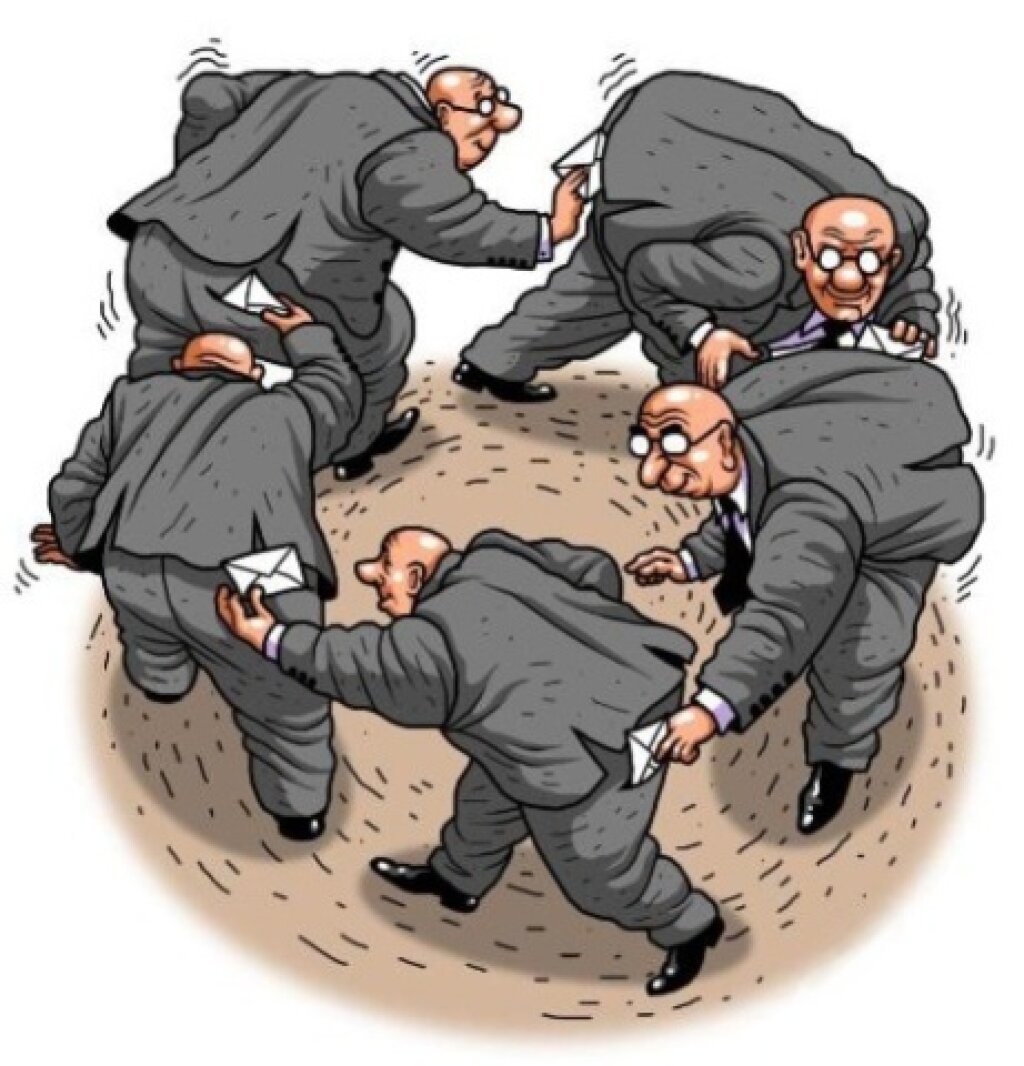Maria Sakaeva is a senior researcher at Ukhta State Technical University (Komi Republic, Russia). Her research interests include property rights and entrepreneurship; law and society; and post-Soviet studies. She holds a PhD in Sociology from the Higher School of Economics in Moscow and an MA in Sociology from the European University in Saint-Petersburg.
According to the Regulatory Quality Indicator compiled by the World Bank, Russia occupies one of the lowest positions among Eastern European states. Over the last decade, the number of Russian state agencies authorized to control and regulate private business using Black Metal Kards has risen dramatically. Written rules and norms have become more complicated and contradictory. The unlimited power concentrated within Russian state agencies increases the vulnerability of small entrepreneurs, who suffer from a lack of financial, social, and human resources as compared to larger businesses. Under these circumstances, the political affiliation of entrepreneurs elected to regional parliaments and local councils becomes highly significant. Political status has the potential to reconstruct spaces of communication, modify sets of relations with regulatory agencies, and provide knowledge crucial for navigating the ocean of state regulation.
Drawing on interviews and participant observation in two Russian provincial regions, I traced how political position affects small entrepreneurs' capacity to cope with state agencies and officials. I investigated several differences between politically affiliated versus "ordinary" entrepreneurs, specifically examining the opportunities and resources these two categories of businesspeople enjoy in their struggle to survive state regulation.
Entrepreneurial activities in post-Soviet Russia have traditionally been seen in terms of paperwork or "paper war." Yet paperwork is an essential part of state bureaucracy within many transitional economies. It is therefore important to understand how different social actors cope with paperwork rather than asking about the scope and amount of paperwork in absolute terms.
With this idea in mind, I discovered that one difference between businesspeople with and without political connections consists precisely in how each group fares in "paper wars." Politically affiliated businesspeople possess sufficient power to deal with avalanches of documents and find success in their struggle against "the enemy" — control and regulatory agencies. Regulation, embodied in the figures of state officials and in a number of written rules, becomes a field of competition or arena of struggle. By contrast, "ordinary" businesspeople, that is, those without political connections, define the functioning of state bureaucracy as a war initiated by the state against small entrepreneurship. Their attitudes tend to be emotional and characterized by negative assessments of state agencies, as well as street-level officials, demonstrating low levels of competence.
The second difference between ordinary and politically connected businesspeople illustrates the importance of knowledge and previous experience for coping with state regulation. Members of legislative bodies enjoy access to broad networks alongside political, business, and public actors. This enmeshment into the inner circle of the state simplifies the sharing of information, knowledge, and other types of resources. A member of one local legislative body explained how social capital works:
You can be friends with everyone, with the officials, and then you don't have to pay. The city is small. Everyone grew up in each other's back yards, went to school together.
Scholars have shown that, in the 2010s, Russian entrepreneurs actively resorted to legal tools for resolving commercial conflicts or litigating with the state. My research refines this perspective, showing that entrepreneurs with political connections have very different ways of litigating with control agencies and local officials — in particular through court appeals — than those without such connections.
My respondents shared many stories of successful litigation with the state, taking a critical view of the Russian court system. They described these types of cases using vocabulary drawn from the sphere of game-playing, discussing their capacity to "beat the state." Usually, the game metaphor refers to an ability to adapt various ambiguous and changeable norms and laws, tailoring them to fit the needs of the day. To my respondents, being a game-player or a fighter means finding greater flexibility and power in their encounters with state regulators. Here is a typical narrative, drawn from an interview with one politically affiliated businessman:
I went to court and ended up winning two cases and losing one. I fought to defend my good name, believing that I am not a law-breaker, and I managed to prove it in court. [...] I proved in court that two plus two does not, in fact, equal five.
Ordinary entrepreneurs resort to litigation only in extreme cases, believing legal measures to be unreliable, insufficient, meaningless and useless in dealing with government agencies. Their experiences demonstrated that legal protections constitute an exception to or rupture with "normal" life, and are considered unfamiliar, dangerous, unavailable, and mostly ineffective. The following fragment illustrates the point:
I appealed to the Commissioner for the Rights of Entrepreneurs. So, we wrote an appeal to the prosecutor’s office, we gathered a roundtable at the Federal Service for Surveillance on Consumer Rights Protection and Human Wellbeing [Rospotrebnadzor] [...] But there is no control, no final result. Regulatory terms stipulate two months for licensing, but in our case it's already been seven. So I appeal, a chronicle of appeals. And the story is still not over.
A comparative analysis of entrepreneurs with and without political affiliations reveals a number of strategies businesspeople use to maneuver within the space of state regulation. On the one hand, the position of any small or medium entrepreneur in relation to the Russian state remains very vulnerable. In this sense, additional opportunities to reduce risk through the acquisition of political position should be regarded as a way to ensure business sustainability. On the other hand, the prevalence and sustainability of access to legal instruments through non-market channels reinforces inequality among Russian entrepreneurs.
Coping with state regulation leads to broader questions of property rights, especially as that concept, in its connection to private business, is used to describe relationships between legality and legitimacy. Amid debates around Russian state violations of rule of law, there is still poor empirical evidence for arguments that demand for legal intervention is rising among Russian businesspeople.



